Sport
The "Butcher of Al Fasher" has become the face of crimes against humanity in Sudan, highlighting how RSF's turf war with the military has descended into militia savagery as the world watches from the sidelines.
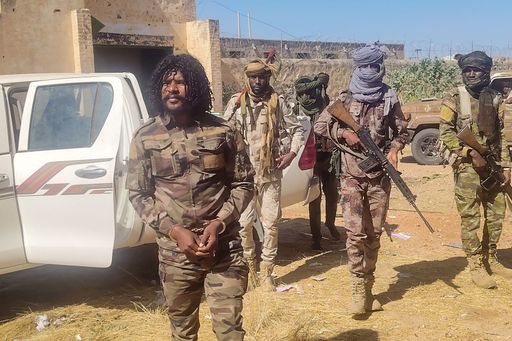
Bodies on the streets. Civilians pleading for mercy. Gunmen firing on innocents without the slightest hesitation.
This is Al Fasher now, after the paramilitary Rapid Support Forces (RSF) captured the capital of North Darfur State in western Sudan recently.
"The city has turned into an open graveyard," says Sulaima Sharif, director of the Violence Against Women Unit in Sudan's transitional government.
Among the many perpetrators of these atrocities, one name has become synonymous with primeval brutality: Abu Lulu, aka the "Butcher of Al Fasher".
A TikTok video that has since been taken down shows Lulu bragging that he had slaughtered around 2,000 people, all by himself.
In another video, the mass murderer is seen talking to a group of men before gunning them down one by one at point-blank range.
There is a third clip where he poses with his victims. Seconds later, he sprays them with bullets. He similarly interacts casually with a seemingly wounded man before gunshots drown their short-lived conversation.
"He is proud of what he is doing, and he is documenting his acts in a manner suggesting he is doing a great job," Sudanese historian Tarig Mohamed Nour tells TRT Afrika.
Lulu, whose real name is said to be Al-Fateh Abdullah Idris, has quickly gained infamy as the RSF-led militia's most brutal commanders. He reportedly joined the paramilitary group in 2013 and quickly rose through the ranks to become one of the central figures of the conflict raging in Sudan.
Ceaseless torment
The civil war between the RSF and the Sudanese Armed Forces broke out in Khartoum in April 2023, intensifying the turf war triggered by the ouster of former President Omar al-Bashir in 2019.
Earlier this month, RSF fighters captured Al Fasher after laying siege to the last stronghold of the Sudanese army in the country's western region of Darfur for 18 months.
What followed was savagery so widespread that the blood-soaked killing fields of Al Fasher were visible from space.
"What is happening in Al Fasher constitutes crimes against humanity. People have been executed, homes destroyed, and families torn apart. The world is watching, but no one is stopping it," rues Dr Tunç Demirtaş, lecturer in international relations at Mersin University in Türkiye.
"What the RSF is doing in Al Fasher is ethnic cleansing. It has become clear that international law exists only in name. Militias like the RSF take courage from this; they know there will be no consequences."
Licence to kill
Anadolu News Agency reports that Lulu became one of the trusted guards of Abdul Raheem Dagalo, brother of RSF chief Mohammed Hamdan Dagalo – addressed as Hemedti by his followers – after fierce fighting erupted in 2023.
He has been at the forefront of militia atrocities across Sudan since, although it took the capture of Al Fasher to showcase his predilection for cruelty without remorse.
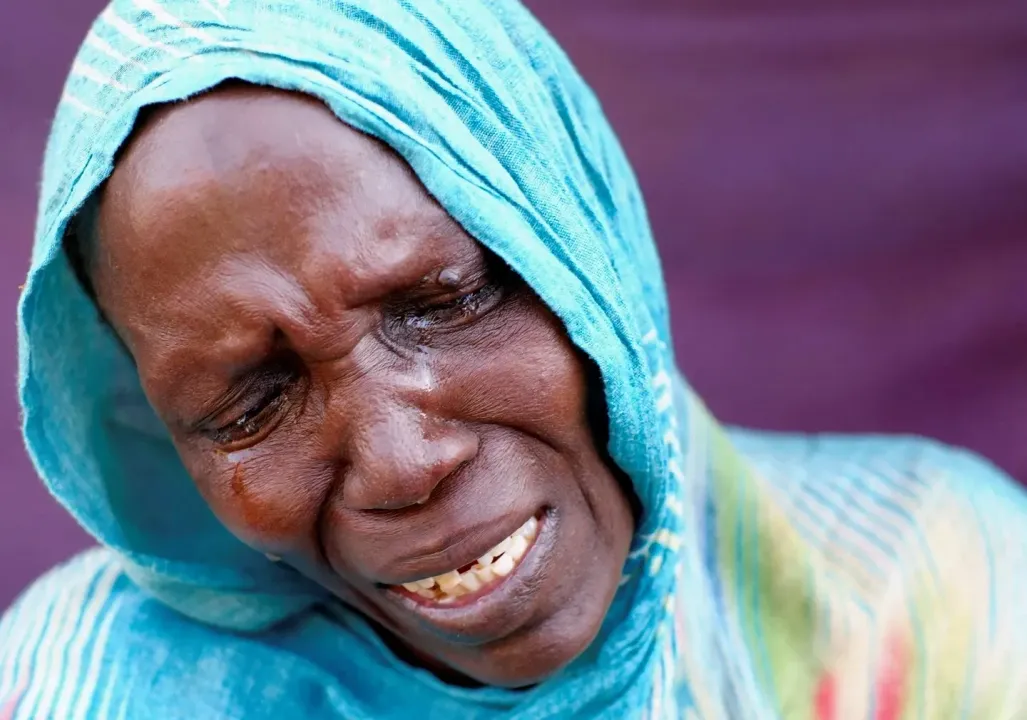
"It's one of two, either winning or dying," Lulu says in one video as the other militants around him laugh.
Nour believes the "Butcher of Al Fasher" only skims the surface of what is brutality on an unimaginable scale. "Abu Lulu declares that he killed 2,000 with his own hands…Just how many more did the others around him kill?" he wonders.
Darfur's bloody history
The RSF emerged in 2013 from the remnants of the Janjaweed militia, delegated by former President al-Bashir to suppress a rebellion in the Darfur region. At least 180,000 people were killed at the time, according to the United Nations.
"We are witnessing all over again what happened in Darfur in 2003," historian Nour tells TRT Afrika.
Days after the latest massacre in Al Fasher, RSF commander Hemedti acknowledged violations committed by his forces and promised investigations. Lulu was among those "arrested" by the group, but his detention was short-lived.
"They took him for two or three days and then the head of the tribes came and said, 'Our children fought for you and then you put them in jail'. So, we had Abdul Raheem Dagalo asking for the release of this butcher with a clear message: don't record what you did," explains Nour.
Calculated move
Many view Lulu's short detention as subterfuge by the RSF to absolve its official structure of any culpability in the carnage.
"Now, they are trying to say that those clips are made by one person, or trying to frame that this one person is the only one who is committing these crimes," says Sharif.
The RSF now controls all five states of Darfur region, with the strategic city of Al Fasher being the last citadel to fall.
"Darfar means the land of the Fur, the Zaghawa, Tunjur and other African tribes. Now, the militias are celebrating that the Dar of the Fur will be the Dar of other communities like the Arab tribes," Sharif tells TRT Afrika.
Demirtaş is concerned about the lack of international intervention even after so many lives have been lost. "The question is no longer whether the world can act, but whether it wants to do so. There is a serious lack of will. And without political will, no institution can protect the innocents," he says.
It's still unclear whether Lulu and other RSF militias will be prosecuted for their crimes, although the International Criminal Court acknowledges that the atrocities in Al Fasher amount to war crimes and crimes against humanity.
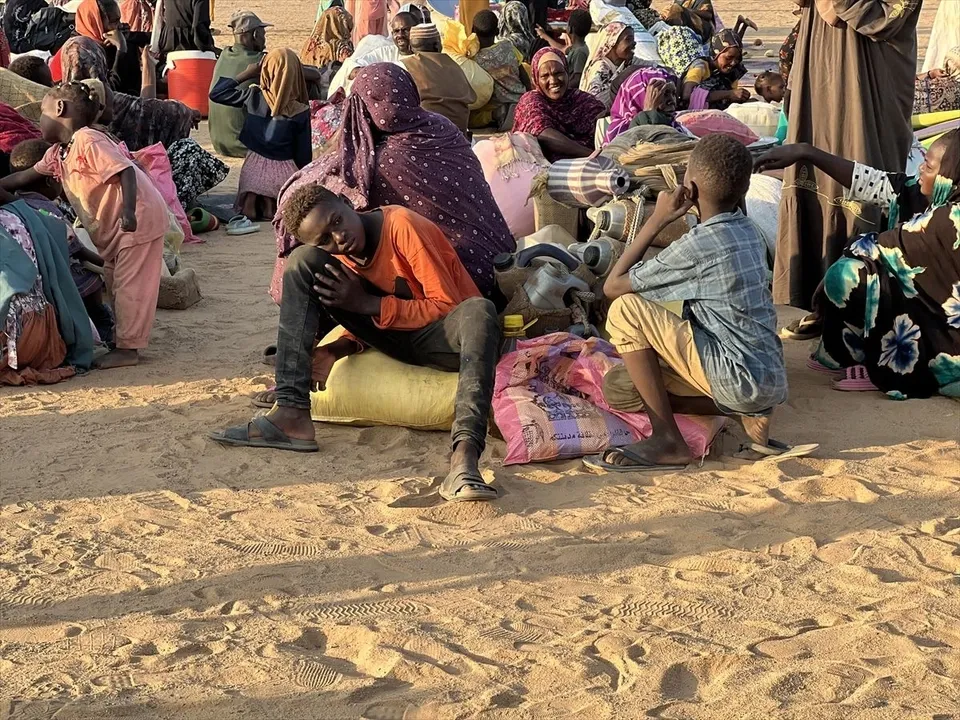
The RSF announced on November 6 that it had agreed to a humanitarian truce proposed by a US-led mediator group. But the Sudanese military insists it will only agree to a ceasefire if the RSF withdraws from civilian areas and lays down weapons.
"What we see in Al Fasher today is another Gaza," Demirtaş tells TRT Afrika. "The current world order is broken. It's a disaster for humanity."
The UN estimates 82,000 of Al Fasher's 260,000-strong population have fled their homes to escape being killed, tortured or persecuted by RSF fighters. Many are still trapped. The world's worst humanitarian disaster couldn't get worse.
Comments
No comments Yet








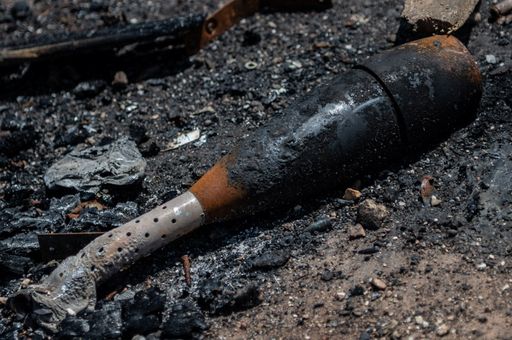
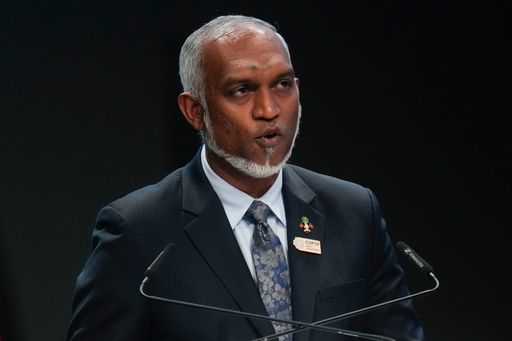
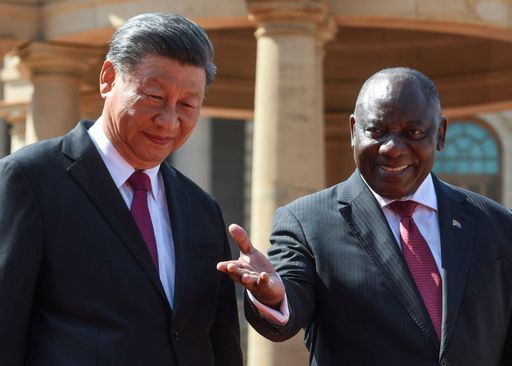
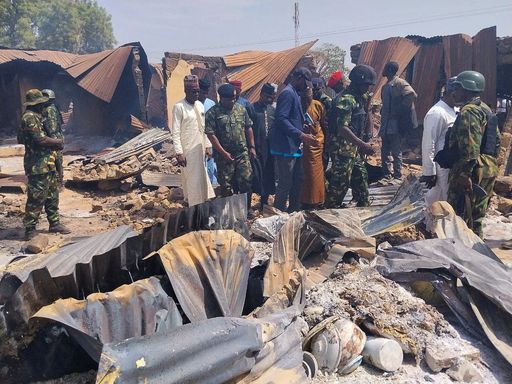








Comment